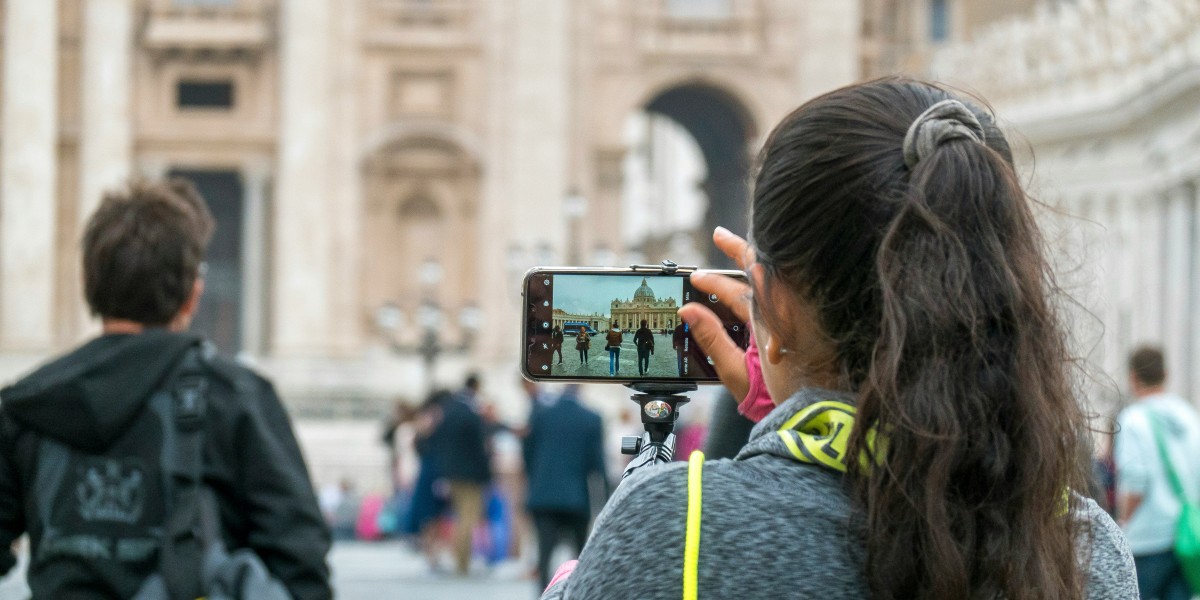
A tourist tax, often referred to as a city tax, is a small fee levied by municipalities on visitors staying in paid accommodation. Far from being an arbitrary charge, the tourist tax in Italy serves as a tool to manage the impacts of a high volume of travellers. The revenue generated is typically reinvested directly into the local area, helping to fund the maintenance of public services, the preservation of historical sites, and the development of tourism infrastructure.
What is the Italian tourist tax?
The Italian tourist tax, known locally as the imposta di soggiorno or tassa di soggiorno, is a legally mandated levy that visitors are required to pay for overnight stays in any given municipality. Individual Italian municipalities (comuni) are granted the autonomy to introduce and manage the tax, setting their own rates and rules. This system has been in place for years in major tourist hubs, but from 2025, it may be applied by all Italian municipalities.
Understanding the city tax in Italy
The city tax is calculated on a per-person, per-night basis, and the cost can vary significantly from one city to another. The fee applies to all forms of registered tourist accommodation, including hotels, B&Bs, campsites and holiday rentals. The amount charged is often linked to the official star rating of the establishment or the area's tourism profile.
Who is required to pay the tax for tourists in Italy?
The liability for the city tax extends to nearly all non-resident visitors staying overnight in a municipality that enforces it. The requirement applies to all overseas visitors, including those travelling from the UK or the US. The tax is collected regardless of the booking method, meaning it applies equally to stays booked through travel agents, directly with hotels or via online platforms like Rentalia or Airbnb.
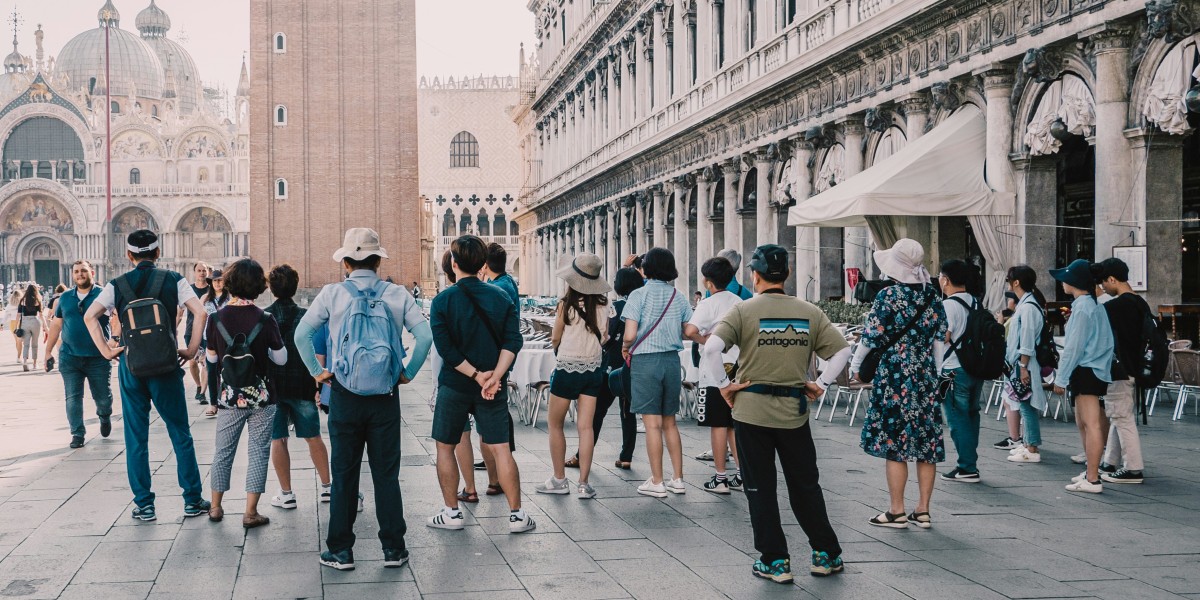
How much is the tourist tax in Italy?
Each municipality determines its own fee structure. The final amount a visitor pays depends on several factors, including the specific city they are visiting, the type and official star rating of their accommodation, and occasionally the time of year. The tax is typically applied only for a limited number of consecutive nights, which can range from five to fourteen, depending on the local regulations.
Tourist tax in Rome
For 2025, Rome has confirmed new visitor tax rates, which are structured based on the classification of the accommodation. Rates now fall between €3 and €10 per person, per night, and are applied for a maximum of 10 consecutive nights.
Guests staying in 5-star hotels will pay the highest rate of €10. At the other end of the scale, those opting for campsites will be charged the lowest fee of €3, with hostels priced slightly higher at €3.50. The tax for popular choices such as B&Bs, vacation rentals, and agriturismi (farm stays) is set at €6 per night.
Tourist tax in Milan
In Milan, tourist tax rates are tiered based on accommodation type, with significant variation in cost. At the top end, guests in 4- and 5-star hotels face the highest charge of €7 per person per night. The most budget-friendly options, including campsites, youth hostels, and 1-star hotels, are subject to the lowest fee of €3.50. For visitors staying in popular holiday rentals such as apartments, B&Bs, and guesthouses, the tax is generally set at €6.30 per night.
The tax is applied for a maximum of 14 consecutive nights. Children under the age of 18 are exempt from paying the fee, as are students and persons with severe disabilities.
Tourist tax in Venice
The trial period for Venice's access fee, a measure introduced to manage the flow of day-trippers into the historic city, has concluded for 2025. As of July 28th, the access fee is no longer in effect. Consequently, it is possible to visit Venice without needing to make a payment or apply for an exemption. The future of the measure remains undecided.
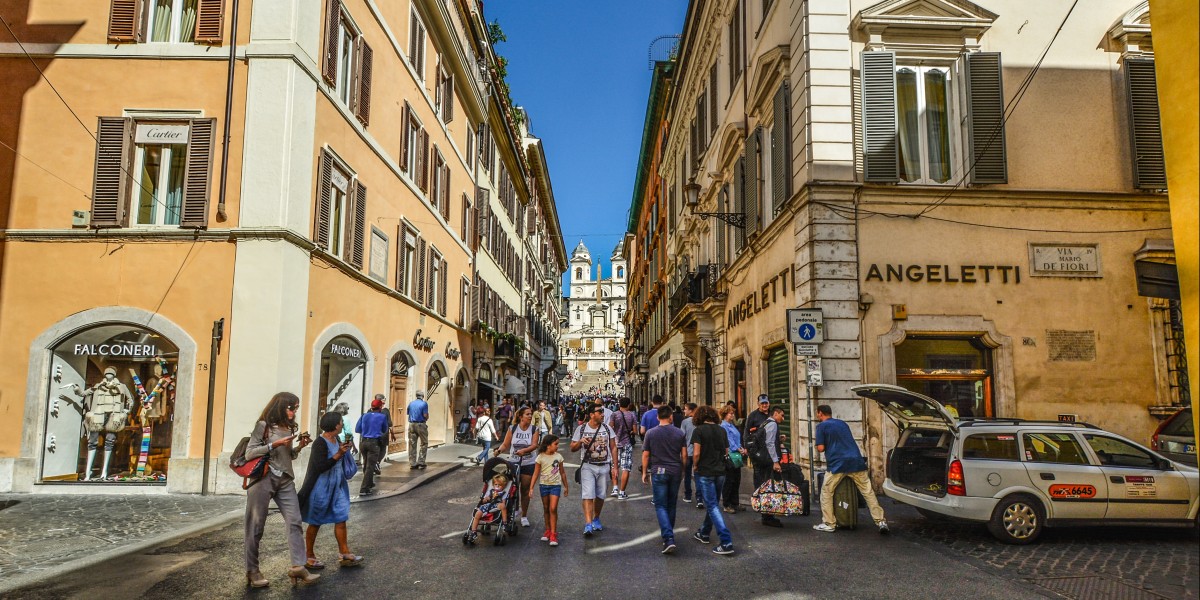
Tourist tax in Florence
In Florence, the tourist tax operates on a tiered system, with rates determined by the type and official star rating of the accommodation. Guests staying in premium 5-star establishments, including hotels, tourist hotel residences, and farm stays, will find the highest charge at €8 per person, per night. A significant number of popular lodging options, such as most bed & breakfasts, holiday flats, and room rentals, have a standardised rate of €6.
At the other end of the spectrum, the most accessible rate is €3.50, which applies to all campsites and 1-star hotels. Youth hostels have a fee of €4 per night. The tax is collected for a maximum of 7 consecutive nights.
Tourist tax in Bologna
In response to the 2025 Jubilee year, Bologna will introduce temporary tourist tax increases from 1st April to 31st December 2025. The city's system is unique as it bases the fee on the nightly room cost rather than star ratings. For the duration, rates will range from a fixed €2.80 for campsites and hostels up to €7 for accommodation costing over €121 per night.
Tourist tax in Naples
From 1st March 2025, Naples will also raise its tourist tax rates ahead of the Jubilee. The fee, which applies for a maximum of 14 nights, is tiered for hotels, peaking at €6 per night for 5-star establishments. For other popular lodging, the rate is set at €4.50 for B&Bs and guesthouses and €5 for short-term rentals.
Tourist tax on the Amalfi Coast
Tourist tax for the main tourist hub of Sorrento distinguishes between hotels and other lodging types. Guests in 5-star hotels pay the highest rate of €5 per night. A single fee of €4 applies to B&Bs and other non-hotel accommodations, while the lowest rate of €1.50 is charged for campsites, hostels, and hotels with a rating of 3 stars or below.
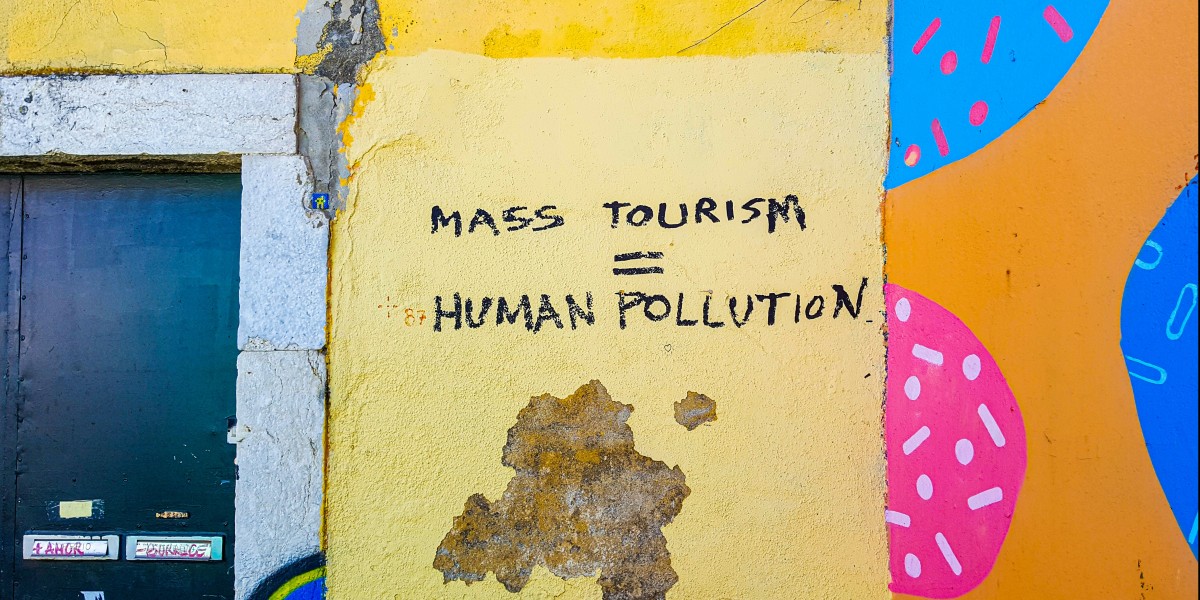
How to pay the tourist taxes in Italy
The fee is collected directly by your accommodation provider, who acts as a collection agent on behalf of the local municipality. The charge is almost never included in the total price you pay when booking online. Instead, it is handled locally as a separate transaction. The fee is typically requested either upon arrival at check-in or when settling the final bill at check-out.
Paying the city tax in hotels vs. on Airbnb
For stays in Rentalia rentals, Airbnbs, and B&Bs, the process can be more varied. While some hosts may use the booking platform's resolution centre to collect the fee, it is more common for them to request payment in person.
Paying the tourist tax in cash
While larger hotels and established businesses will almost always accept credit card payments for the tax, it is not uncommon for smaller establishments to request cash. Therefore, travellers should have some euros available to cover the tourist tax, ensuring a smooth and simple transaction upon check-in or departure.
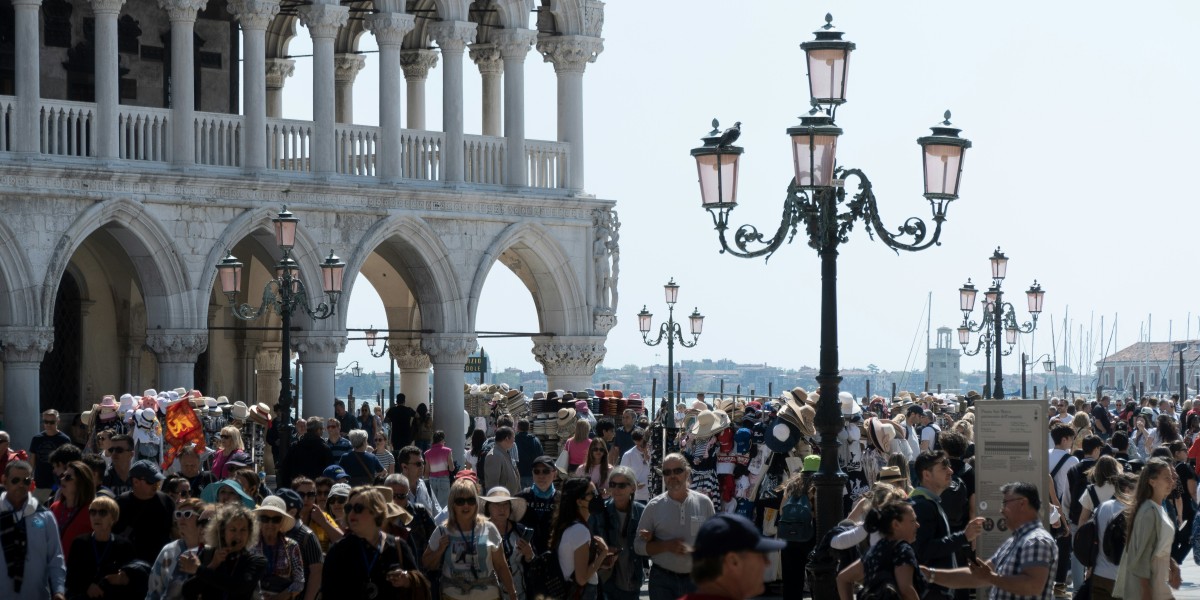
Stay in the know about visiting and living in Italy—get our weekly newsletter for the latest travel, legal, and lifestyle news.
For a taste of the high life, sign up for the monthly luxury market round-up.
